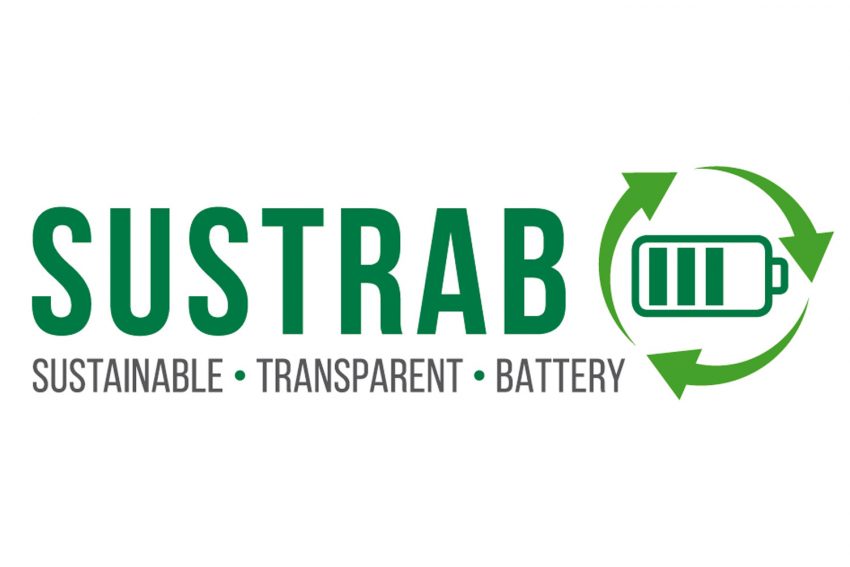Battery recycling: More transparency and sustainable materials BMBF funds joint projects on battery recycling
The German Federal Ministry of Education and Research (BMBF) is funding three new collaborative projects on battery recycling with around 17 million euros until 2024. These will focus on current challenges in battery recycling. The TU Braunschweig is involved in the joint project SUSTRAB.
SUSTRAB stands for “Sustainable and Transparent Battery Materials Value Chains for a Circular Battery Economy“. In this project, strategies for increasing transparency and resource efficiency within the value chain of battery materials and cells are investigated. On the one hand, the focus is on higher data transparency on responsible raw material sourcing. On the other hand, the greenhouse gas emissions generated during their production and processing of the materials. To this end, systematic investigations are being carried out into the influence of different raw material sources and the combination of raw materials and materials on the manufacturing processes and properties of battery materials and batteries.
Improving recycling
The aim of the project is to evaluate and improve the cycling of cathode active materials within the synthesis and downstream use in electrodes and battery cells. To improve the robustness of life cycle data for the development of sustainable batteries and decarbonization measures, cross-value-added processes are considered.
More data, more transparency
A major challenge is to be able to track battery materials data across battery value chains, enabling further analysis and evidence to government authorities and customers. To create transparency in battery value chains, battery materials will be analyzed via characterization methods and technical solutions from blockchain and related technologies will be investigated. The data obtained in the project will be transferred to a data platform demonstrator and processed in an automated way for further lifecycle analysis.
Four collaborative partners
Due to its role as a major supplier of raw materials, the project consortium of four joint partners – Technische Universität Braunschweig, BASF SE, Fraunhofer Institute for Surface Engineering and Thin Films, and BELLA (Battery and Electrochemistry Laboratory) at the Karlsruhe Institute of Technology – relies on close cooperation with Australia. Representatives of the joint project “Future Battery Industries CRC” (FBICRC) as well as partners from the University of New South Wales and the University of Melbourne will be actively involved in the research work.
In total, the BMBF is funding three new collaborative projects for research into closed battery cycles with 17 million euros. The SUSTRAB project is being funded since 01.10.2021 with approximately 2.65 million euros until 30.09.2024. From the TU Braunschweig, two institutes of the Battery Lab Factory Braunschweig (BLB) are represented with the Institute for Machine Tools and Manufacturing Technologies (IWF) and the Institute for Particle Technology (IPAT).

